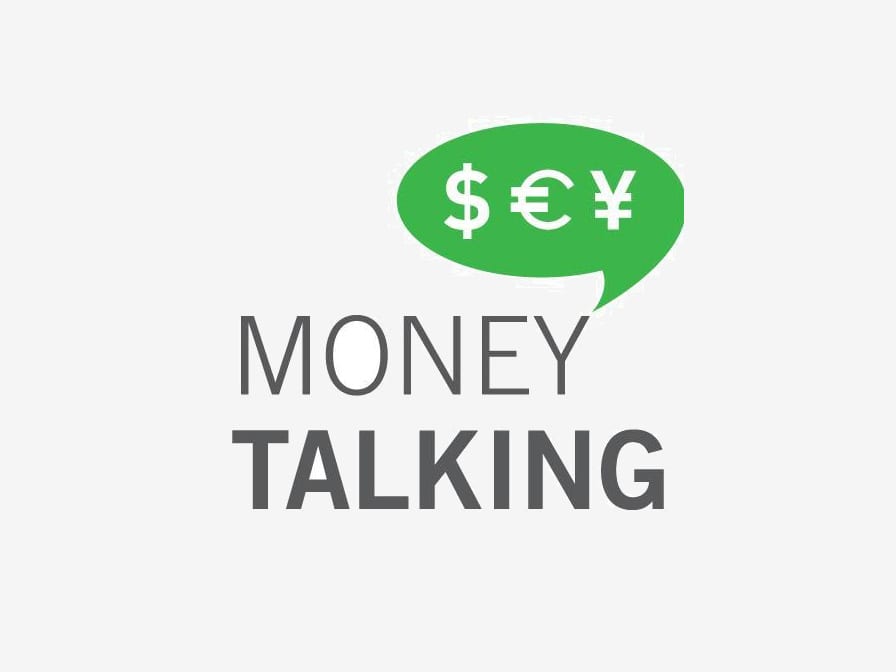(Greg comes in at about 03:48)
Greg was a guest on the MoneyTalking WNYC Radio show on Thursday January 22nd 2015 Episode #145. The topic is title “If you’re too busy to be bored, find time”. Here’s the article details as shown here: http://www.wnyc.org/story/too-busy-to-be-bored-find-time/
The world is awash in overworked, stressed-out workers who stretch themselves wafer thin trying to do it all and have it all. They rely on a litany of to-do lists and productivity apps on their phones just to keep it all straight. Without a full schedule, they feel unaccomplished and unloved. What they might want to feel is deceived. “We’ve been conned with the idea that if we can fit it all into our schedules, we can have it all in our lives,” said Greg McKeown, Harvard Business Review contributor and author of one of 2014’s best business books, Essentialism: The Disciplined Pursuit of Less. Over committing, McKeown says, can lead to anxiety and lost productivity. “If you don’t prioritize your life, then someone else will,” he told Charlie Herman, host of WNYC’s Money Talking. His answer is what he calls “essentialism” or an approach that forces hard choices when it comes to selecting the things we ultimately do. “It’s about being so selective that you have the space to do the things that are absolutely fabulous, that are amazing, that are break-through experiences.” And McKeown advises that changing the question we ask ourselves before embarking on a new project or assignment may help us get there. “If you’re not 90 percent sure of doing something, just don’t bother. Don’t worry about it.” Heidi Moore, the U.S. Finance and Economics Editor at The Guardian, asks herself a similar question. “What do I want to want to spend my time on to show what I actually value in life?” It’s a question that forces attention on only those things that have the potential to help us achieve our objectives. “Your time has to be spent according to what your real priorities are.” Overcommitting usually stems from our fear of missing out, or FOMO, and it is a powerful motivator. It pushes us toward browser windows with 14 open tabs and inboxes filled loads of unread emails. But while that fear is a powerful hedge against complacency, it robs us of the head space we need for bigger thoughts about long-term projects. As McKeown put it, “what we have to learn is the joy of missing out.” And if we end up a little bored as a result, that’s okay too because “at the edge of boredom is all creativity,” said McKeown. It’s something that Manoush Zomorodi, host of WNYC’s New Tech Citybelieves. In the first week of February, she’s challenging people who sign up for their Bored and Brilliant campaign to rethink their relationship with their smartphones, to push themselves to space out and be bored. As she put it, that’s “where scientists, neuroscientists, say some of our most original thinking, our problem solving, our novel ideas come from.” Will you dare to embrace being bored?







